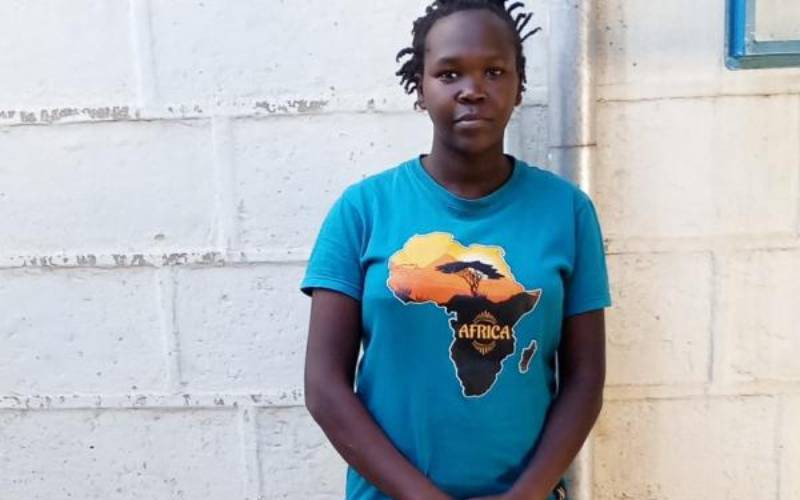×
The Standard e-Paper
Join Thousands Daily

Ivy Amdany, a resident of Baringo County, lives with fibroids. [Rodgers Otiso, Standard]
When Ivy Amdany started her period in the early years of adolescence, she experienced the usual mixed feelings -- a celebration of the important transition to womanhood, a little fear of embarrassment from accidentally soiling her clothes and concern over what was normal and what wasn't.